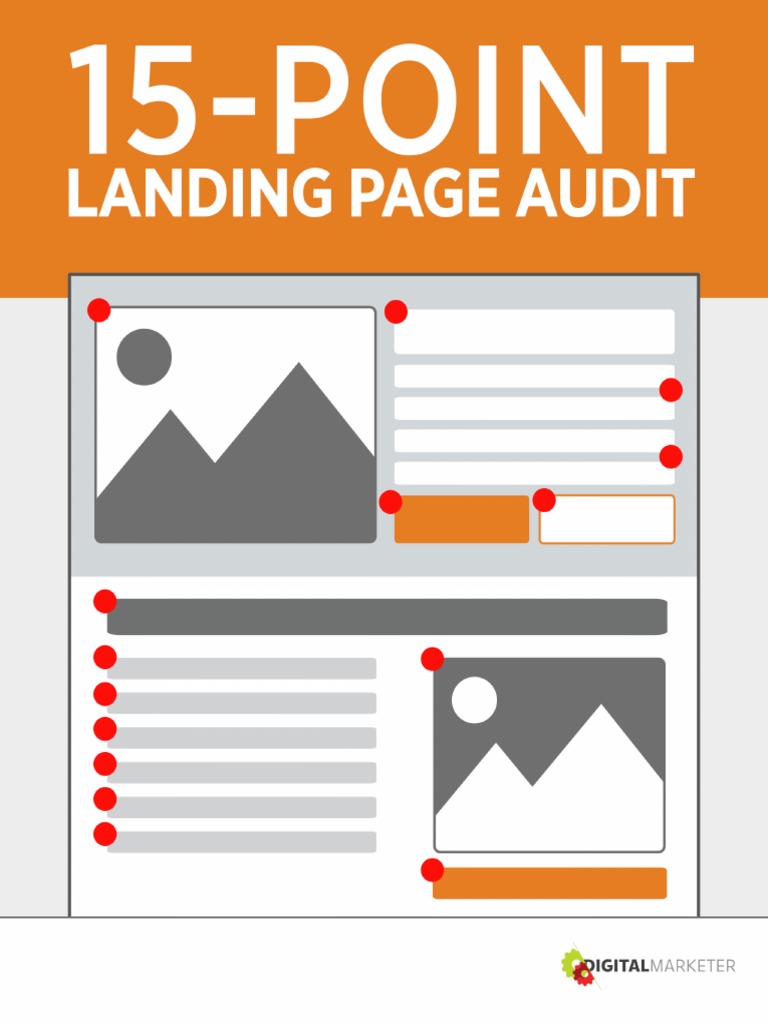
In the ever-evolving world of SEO, one strategy that often gets overlooked but can significantly impact your website’s performance is qualified outbound linking. This practice involves strategically referencing trusted external sources to enhance your content’s credibility, user experience, and search engine visibility. As we navigate through 2025, understanding and implementing this approach is more crucial than ever for digital marketers and content creators.
By the end of this article, you’ll gain a comprehensive understanding of what qualified outbound linking means, why it matters in today’s SEO landscape, and how to implement it effectively. You’ll also discover practical examples, tools, and insights to help you elevate your content strategy and improve your online presence.
What Is Qualified Outbound Linking and Why It Matters
Qualified outbound linking refers to the intentional act of linking to high-quality, authoritative, and relevant external websites from your own content. Unlike generic or excessive linking, this approach focuses on selecting sources that add value to your audience and reinforce the credibility of your content.
This practice is rooted in the principles of E-E-A-T (Experience, Expertise, Authoritativeness, Trustworthiness), which Google emphasizes as key factors in determining the quality of content. By linking to reputable sources, you signal to both users and search engines that your content is well-researched, reliable, and aligned with industry standards.
Moreover, qualified outbound links can help establish your brand as a thought leader in your niche. When readers see that you’re citing credible sources, they’re more likely to trust your content and return for future information. This not only improves engagement but also enhances your site’s authority in the eyes of search engines.
How Qualified Outbound Linking Impacts SEO Performance
Qualified outbound linking has a direct impact on several SEO metrics, including:
-
User Experience (UX): Providing relevant external links enhances the user experience by offering additional resources and context. This can lead to longer dwell times and lower bounce rates, both of which are positive signals for search engines.
-
Credibility and Authority: Linking to authoritative sources demonstrates that your content is backed by expert opinions and verified data. This builds trust with your audience and strengthens your site’s authority.
-
Search Engine Rankings: Search engines like Google prioritize content that provides value and references credible sources. By incorporating qualified outbound links, you increase the likelihood that your content will rank higher in search results.
-
Content Relevance: Outbound links help search engines understand the context and relevance of your content. They provide a roadmap of related topics and sources, making it easier for search algorithms to categorize and rank your pages.
To illustrate, consider a blog post about digital marketing trends. If the content includes links to studies from Harvard Business Review or reports from HubSpot, it signals to Google that the post is well-researched and trustworthy. This can lead to improved rankings for relevant keywords.
Step-by-Step Implementation Framework
Implementing qualified outbound linking requires a strategic approach. Here’s a step-by-step framework to guide you:
- Define or Audit the Current Situation
- Start by reviewing your existing content to identify where outbound links are currently used.
- Use tools like Ahrefs or SEMrush to analyze the quality and relevance of your current external links.
-
Identify areas where you can add more value through strategic linking.
-
Apply Tools, Methods, or Tactics
- Research High-Quality Sources: Use platforms like Google Scholar, industry publications, and reputable blogs to find authoritative sources.
- Use Nofollow Links Appropriately: For links that don’t align with your brand or are sponsored, use the nofollow attribute to maintain the integrity of your link profile.
-
Optimize Anchor Text: Ensure that the text used for your links is descriptive and relevant. Avoid generic phrases like “click here” and instead use specific, keyword-rich text.
-
Measure, Analyze, and Optimize
- Track the performance of your outbound links using analytics tools like Google Analytics or Ubersuggest.
- Monitor metrics such as traffic, engagement, and conversion rates to assess the impact of your links.
- Regularly review and update your links to ensure they remain relevant and high-quality.
By following these steps, you can create a robust outbound linking strategy that enhances your content’s value and improves your SEO performance.
Real or Hypothetical Case Study
Let’s take a look at a hypothetical case study involving a tech blog that implemented qualified outbound linking.
Background: The blog focused on cybersecurity trends and had a growing audience but struggled with low engagement and poor search rankings.
Action Taken: The team conducted an audit of their content and identified opportunities to add high-quality external links. They began linking to articles from MIT Technology Review, cybersecurity research papers, and industry reports.
Results: Within six months, the blog saw a 40% increase in organic traffic and a 25% improvement in average session duration. Their content also began appearing in featured snippets, further boosting their visibility.
This case study highlights the power of qualified outbound linking in driving traffic and enhancing content credibility.
Tools and Techniques for Qualified Outbound Linking
To effectively implement qualified outbound linking, consider using the following tools and techniques:
- Ahrefs – A powerful tool for analyzing backlinks and identifying high-quality external sources.
- SEMrush – Offers insights into competitor strategies and helps find relevant external links.
- Google Search Console – Allows you to monitor your site’s external links and identify any issues.
- Moz Domain Authority – Helps assess the credibility of external websites before linking to them.
- Ubersuggest – Provides keyword research and content optimization insights.
- Grammarly – Ensures that your anchor text is clear and free of errors.
These tools can streamline your outreach efforts and help you make informed decisions about which external sources to link to.
Future Trends and AI Implications
As AI continues to shape the digital landscape, the importance of qualified outbound linking will only grow. Search engines like Google are increasingly relying on AI to understand the context and relevance of content. By linking to trusted sources, you not only enhance your content’s credibility but also align with the expectations of AI-driven search algorithms.
Looking ahead, we can expect to see more emphasis on semantic SEO and the use of structured data to highlight external sources. This means that content creators must be even more intentional about their linking strategies to remain competitive.
Additionally, as voice search and multimodal search become more prevalent, the need for clear, concise, and relevant external links will be critical. Users are more likely to engage with content that provides immediate value, and qualified outbound links can play a significant role in meeting those expectations.
Key Takeaways
- Qualified outbound linking is a strategic practice that involves referencing trusted external sources to enhance content credibility and SEO performance.
- Improved user experience and enhanced credibility are among the primary benefits of this approach.
- Implementing a step-by-step framework ensures that your linking strategy is effective and sustainable.
- Tools like Ahrefs and SEMrush can help you identify and optimize your external links.
- Future trends in AI and search will further emphasize the importance of qualified outbound linking.
By embracing qualified outbound linking, you can position your content as a valuable resource in your niche and drive long-term growth for your website.
Meta Title: The Power of Qualified Outbound Linking: How to Reference Trusted External Sources Strategically
Meta Description: Learn how to strategically reference trusted external sources to boost your SEO and enhance content credibility. Discover actionable tips and tools for effective qualified outbound linking.
SEO Tags (5): qualified outbound linking, SEO strategies, external links, content credibility, search engine optimization
Internal Link Suggestions: [Parameter #1: Search Intent Alignment], [Parameter #7: Semantic Keyword Mapping], [Parameter #9: Updated Data & References]
External Source Suggestions: https://www.semrush.com/, https://ahrefs.com/, https://moz.com/










